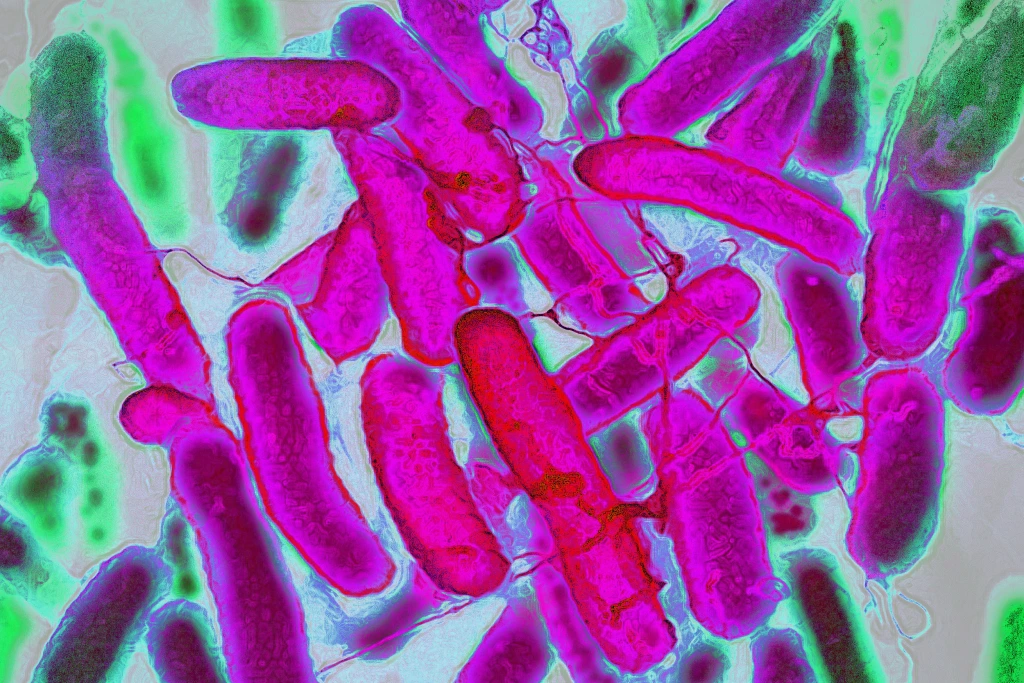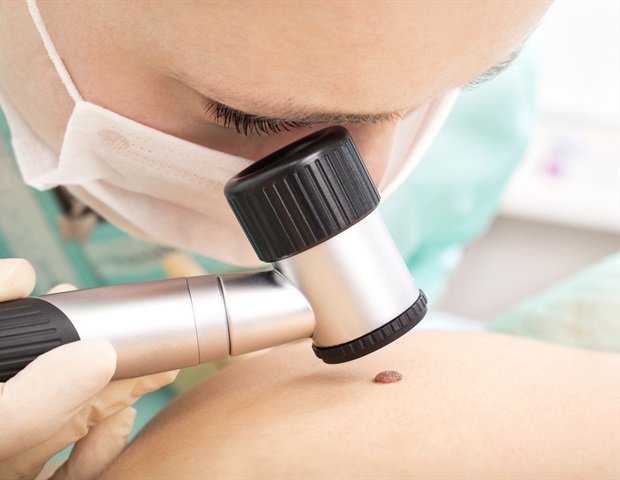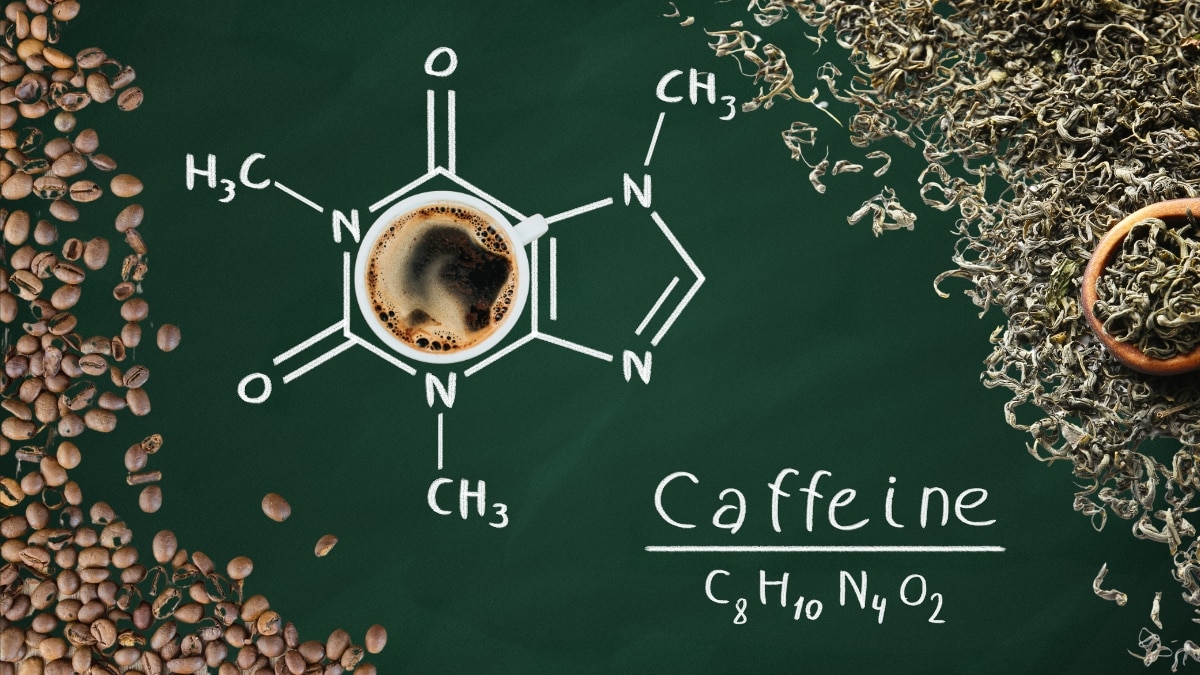We often think of cancer as a silent, internal enemy — but what if some of the culprits are actually infections we come across in everyday life? Recent findings suggest that bacteria and viruses may quietly set off the chain reaction that leads to certain cancers, particularly in younger people. One of the most eye-opening findings to emerge this year is from scientists at the University of California. Their research suggests that a well-known bug — E.
coli — could be contributing to the rise in colon cancer among adults under 50. While this bacteria is typically blamed for food poisoning from undercooked meat or contaminated produce, it might be doing something far more dangerous in our guts. Published in Nature , the study suggests that E.

coli could damage DNA in the bowel and potentially trigger tumor development. This supports earlier research from Harvard Medical School that pinpointed a particular strain — PKS-positive E. coli — as a likely player in bowel cancer among young adults.
The Harvard study tracked the diets and health outcomes of around 135,000 individuals over four years. They found that people with diets heavy in red meats, sugar, and processed foods — and low in veggies and legumes — were not only more likely to get colon cancer but also 3.5 times more likely to have genetic traces of PKS-positive E.
coli in their tumors. One possible explanation? Unhealthy diets may create a gut environment where this dangerous strain of E. coli can thrive and start damaging cells from within.
While E. coli is currently under the microscope, it’s not the only bug linked to cancer. Infections from viruses and bacteria are estimated to cause nearly 1 in 5 cancer deaths globally each year, according to the American Society for Microbiology.
But that doesn’t mean cancer is contagious. It’s more that certain infections mess with our cells in a way that creates the perfect storm for cancer to develop later on. A well-known example is human papillomavirus (HPV).
This virus, often spread through intimate contact, is responsible for nearly all cases of cervical cancer — and also plays a big role in cancers of the penis, vagina, anus, and throat. The good news? The HPV vaccine, now routinely given to girls (and since 2019, boys) in their early teens, has dramatically reduced the number of new cervical cancer cases in England by up to 90%. Experts are even hopeful that cervical cancer could be virtually eliminated in the UK within the next few years.
Viruses like HPV don’t just show up and disappear — they linger in our bodies, sometimes for years, subtly changing how our cells behave. Lawrence Young, a virologist at the University of Warwick, explains that it’s these long-lasting infections that tend to be linked with cancer. You don’t get cancer from a common cold — but a chronic infection? That’s another story.
Take hepatitis C, for example. This liver virus, which affects over 60,000 people in England alone, can cause chronic inflammation that eventually leads to liver cancer. Fortunately, modern antiviral medications can clear the infection — and eliminate the cancer risk — in over 90% of patients.
Epstein-Barr Virus (EBV), often known as the “kissing virus” for its easy transmission through saliva, is also on the cancer radar. It causes glandular fever and is now believed to be involved in 40% of Hodgkin lymphoma cases — a serious cancer affecting over 2,000 people a year in the UK. While there’s no vaccine yet, several are currently in trial stages.
Interestingly, around 95% of us carry the Epstein-Barr virus, but most of us never get cancer. As Professor Young points out, it’s only one link in a complex chain — and breaking that chain early can prevent the disease altogether. While viruses get most of the attention, some bacteria are just as dangerous when it comes to cancer.
Helicobacter pylori , a bug that hides in the stomach lining, can quietly cause inflammation for years. Over time, this can increase the risk of stomach cancer — a disease affecting more than 6,000 people in the UK each year. The twist? H.
pylori is easily treatable with antibiotics, but most people don’t even know they’re infected since it often shows no symptoms. It’s a fair question. With so many infections tied to cancer, should we be concerned about catching them from food or other people? Not necessarily.
Experts stress that simply catching a bug like E. coli or HPV isn’t a cancer sentence. It’s the combination of long-term infection, genetics, poor diet, lifestyle habits, and environmental triggers that creates a cancer-friendly environment.
As Stephen Griffin from Leeds University puts it, chronic infections mess with our DNA and immune responses over time. But without other risk factors in play, most of us won’t end up with cancer from these bugs. Here’s the fascinating twist — while some viruses can cause cancer, others are now being used to fight it.
Scientists have been developing “oncolytic viruses” that attack cancer cells while leaving healthy cells alone. One of the most promising examples is T-VEC, a modified herpes virus approved in the UK in 2015 for treating advanced melanoma. When injected directly into tumors, it destroys cancer cells and signals the immune system to go on the attack.
A study in 2023 showed that people treated with T-VEC plus surgery had a 22% five-year survival rate — better than those treated with surgery alone. Researchers are now testing similar virus-based treatments for cancers like liver and brain tumors. The results are promising — and in many cases, the immune system responds better when these viruses are injected directly into the tumors.
It’s a wild reversal of roles: the same viruses that once made us sick are now being engineered to save lives. And with more research, we might just turn our old enemies into powerful allies in the fight against cancer..
Health

Scientists warn common gut bacteria E coli may be driving sharp rise in colon cancer cases among young adults in the United States and United Kingdom

We often think of cancer as a silent, internal enemy — but what if some of the culprits are actually infections we come across inThe post Scientists warn common gut bacteria E coli may be driving sharp rise in colon cancer cases among young adults in the United States and United Kingdom appeared first on TDPel Media.















